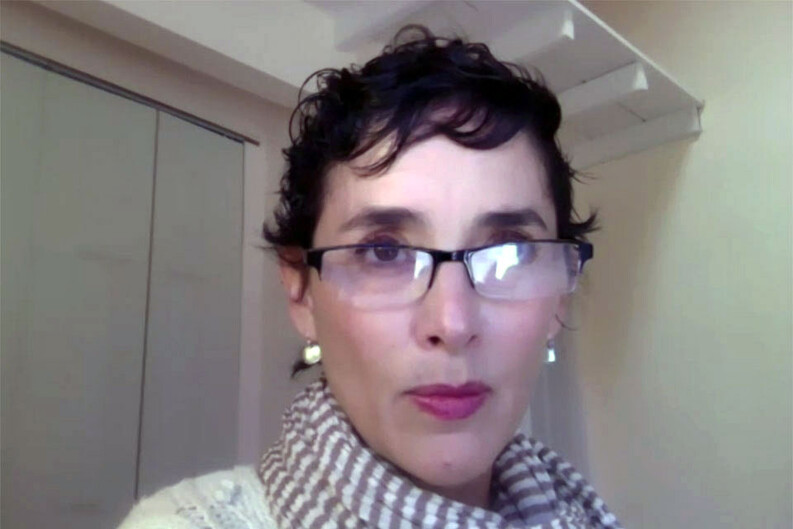Daria Roithmayr on How “Racism Pays”

At the Seminar in Private Law4 on April 7, 2020, Daria Roithmayr5, Richard L. and Antoinette S. Kirtland Professor of Law at USC Gould School of Law, discussed excerpts from the book she’s currently writing, titled Racism Pays. The book explores links between racism and economic exploitation and argues that racial exploitation has been central to many “innovative transformations,” from the cotton industry’s reliance on slavery to artificial intelligence industry’s use of “ghost workers.”
Roithmayr began by saying that neither economic exploitation in the American economy, nor structural racism in the United States, can be fully understood in isolation from the other. Citing data regarding wage and unemployment gaps, Roithmayr argued that the labor market in the U.S. is visibly racially segmented. People of color, often facing significant economic hardships, might be more willing to accept harsh working conditions in today’s economy, she said. This, in turn, perpetuates the racial segmentation of the labor market, according to Roithmayr. This situation, she said, is economically attractive to corporations pushing for large-scale innovations requiring significant amounts of labor.
In Roithmayr’s view, racial exploitation, understood as imposing on people of color working conditions that would be unacceptable for whites, allows corporations to scale up their operations, cut costs and operate more efficiently. She discussed two case studies from the past — the cotton industry’s reliance on slavery and the construction of transcontinental railroads based on exploitation of Chinese workers — as well as two case studies from the “digital economy,” namely gig work and artificial intelligence. These two booming and lucrative sectors, Roithmayr asserted, require enormous amounts of human work, currently undertaken mostly by people of color in the U.S., and outsourced to other countries, predominantly to India.
Roithmayr urged the Seminar to pay attention to these patterns and to the fact that innovations ranging from cheap on demand work to machine-learning algorithms, are possible at this scale largely because the society is already racially segmented, where racial exploitation occurs. She argued that workers’ position needs to be strengthened, not necessarily through traditional labor unions, but possibly through other forms of gig-workers’ collective action. Ultimately, Roithmayr concluded, everyone needs to be aware of who pays what costs for the innovations our societies like so much.
In response to the COVID-19 pandemic, classes at the Law School have transitioned online. Following the suggestions of the President of the Yale University and the Dean of Yale Law School, the YLS Center for Private Law6 strives to continue its mission of teaching and community outreach and has moved the remainder of the 2020 Seminar in Private Law online. This year the Seminar is devoted to the theme of private law and inequality. We would like to thank Professor Roithmayr for her willingness to participate in this format, as well as the countless administrative and IT staff of the Law School who tirelessly work to make the transition online possible and seamless.


